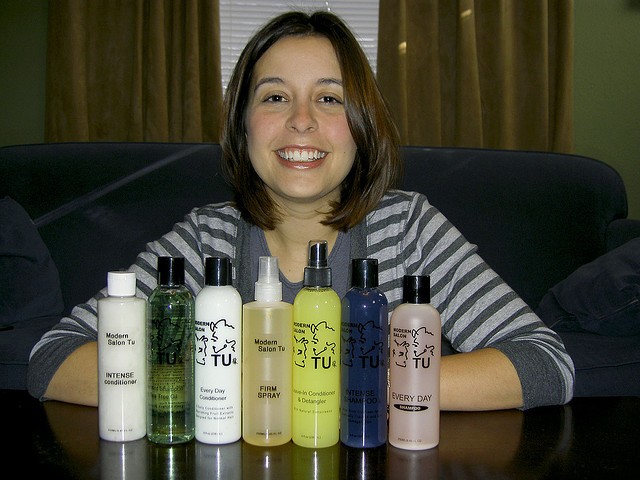This is an excerpt from her experiment. Also there is a company that is making a skin lotion to replicate some of the organisms in our microbiome. She tries it out as well as not washing.
For most of my life, if I’ve thought at all about the bacteria living on my skin, it has been while trying to scrub them away. But recently I spent four weeks rubbing them in. I was Subject 26 in testing a living bacterial skin tonic, developed by AOBiome, a biotech start-up in Cambridge, Mass. The tonic looks, feels and tastes like water, but each spray bottle of AO+ Refreshing Cosmetic Mist contains billions of cultivated Nitrosomonas eutropha, an ammonia-oxidizing bacteria (AOB) that is most commonly found in dirt and untreated water. AOBiome scientists hypothesize that it once lived happily on us too — before we started washing it away with soap and shampoo — acting as a built-in cleanser, deodorant, anti-inflammatory and immune booster by feeding on the ammonia in our sweat and converting it into nitrite and nitric oxide.
In the last few years, the microbiome (sometimes referred to as “the second genome”) has become a focus for the health conscious and for scientists alike. Studies like the Human Microbiome Project, a national enterprise to sequence bacterial DNA taken from 242 healthy Americans, have tagged 19 of our phyla (groupings of bacteria), each with thousands of distinct species. As Michael Pollan wrote in this magazine last year: “As a civilization, we’ve just spent the better part of a century doing our unwitting best to wreck the human-associated microbiota.
For my part in the AO+ study, I wanted to see what the bacteria could do quickly, and I wanted to cut down on variables, so I decided to sacrifice my own soaps, shampoo and deodorant while participating. I was determined to grow a garden of my own.
My skin began to change for the better. It actually became softer and smoother, rather than dry and flaky, as though a sauna’s worth of humidity had penetrated my winter-hardened shell. And my complexion, prone to hormone-related breakouts, was clear. For the first time ever, my pores seemed to shrink. As I took my morning “shower” — a three-minute rinse in a bathroom devoid of hygiene products — I remembered all the antibiotics I took as a teenager to quell my acne. How funny it would be if adding bacteria were the answer all along.
Maybe there is a way to not smell bad and preserve some of our microbiome on the outside of our body. Is a special skin cream the answer or a different type of soap? Or possibly washing less frequesntly. Who knows I’m tempted to try this.
great writeup by Julia Scott
photo by Tim Samoff
